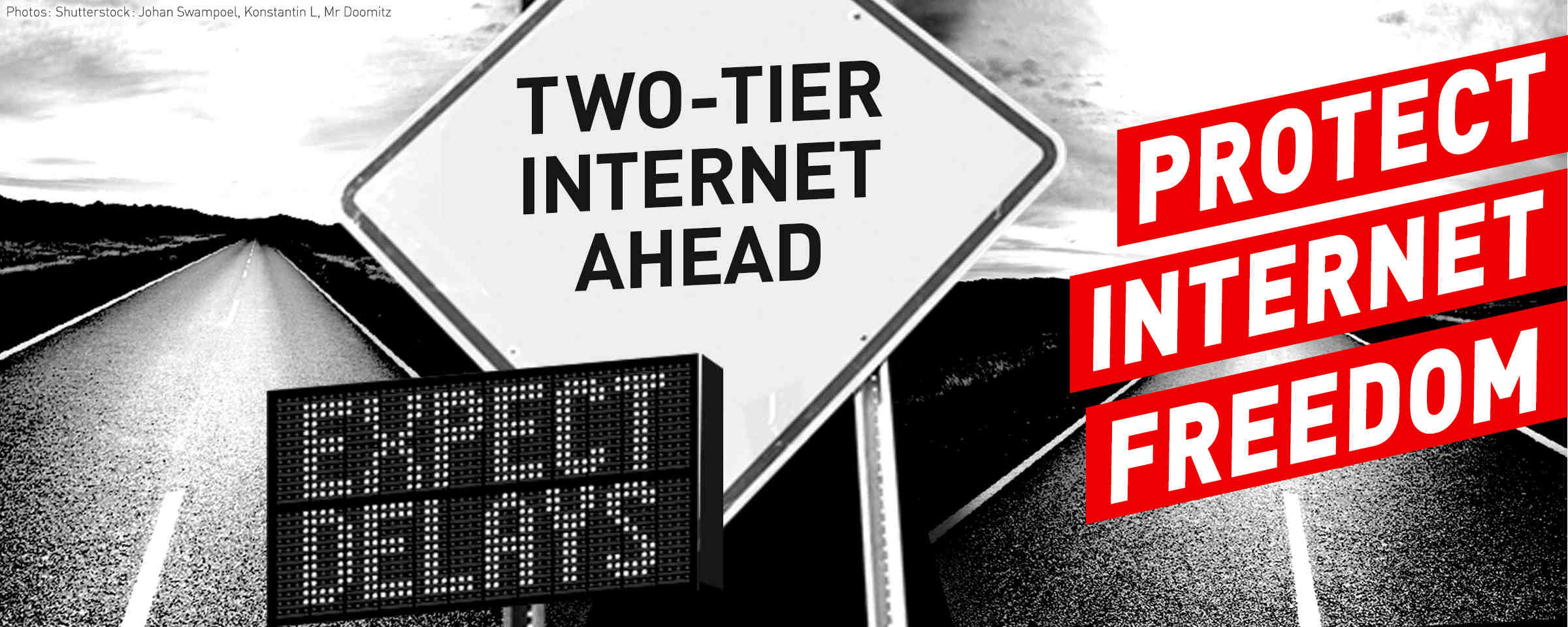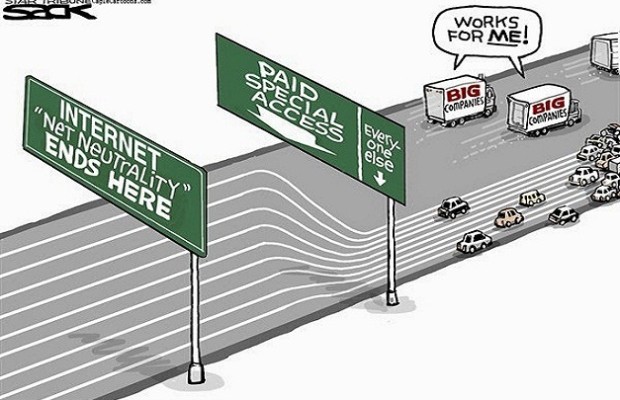Broadcast Industry Journalist Offers Observations Ahead Of FCC’s Meeting In 2 Weeks.
Originally Published Last Week By Adam Jacobson, Radio & Television Business Report
“I look forward to returning to the light-touch, market-based framework that unleashed the digital revolution and benefited consumers here and around the world.” That’s the boiler-plate explanation FCC Chairman Ajit Pai used to close his announcement that net neutrality will, be coming to an end some 30 days after his Order appears in the Federal Register — following what will likely be a 3-2 GOP-fueled party-line vote in favor of “restoring internet freedom.”
This might be an internet issue but it does significantly impact the broadcasting industry.
What is net neutrality?
As Public Knowledge, a proponent of net neutrality, says, it is “the principle that the company that connects you to the internet does not get to control what you do on the internet.”
Sounds fair, right? If all of a sudden Comcast decided to sign a huge contract with iHeartRadio, and you are active streamer of radio stations to stations not on the iHeart App, you could be getting slower speeds or inhibited access.
Wait, what?
Public Knowledge uses an even more alarming scenario. “Without net neutrality rules in place, Internet Service Providers (ISPs) like Verizon and Comcast can prevent users from visiting some websites, provide slower speeds for services like Netflix and Hulu, or even redirect users from one website to a competing website.”
Holy moly! So, you’re saying if someone wanted to watch the 11 o’clock news on The E.W. Scripps Co.‘s WKBW-7 in Buffalo’s website, an ISP could redirect a viewer in Grand Island, N.Y., to Nexstar‘s WIVB-4?

Well, that’s the argument from the pro-net neutrality camp.
Is An ISP A Utility?
But here’s the rub: Net neutrality falls under Title II classification. What’s that? To prevent “fast lanes” and “slow lanes” on the internet, the FCC in 2014 responded to a record-breaking 4 million comments calling for the reclassification of broadband as a Title II telecommunications service. This put broadband under “common carrier” classification in the Communications Act of 1934 and under Section 706 of the Telecommunications Act of 1996.
So, is an internet service provider in 2017 any different from a telephone services provider? Are they now one and the same, therefore making the Title II classification a smart move?
The Republicans in Washington, D.C., fueled by AEI doctrine, say no.
What do we say? We don’t have an opinion on it, but encourage every broadcast media C-Suite executive to study Title II protection of broadband service, and ask everyone in your organization how an end to Net Neutrality could impact your video and/or audio streaming, and your social media.
Digital is the future for broadcast media, and any move by Washington that cripples it matters to you.
Yes, net neutrality brings more government power over the internet. Yes, it’s not a “free market solution.” But, maybe the government’s regulation is important.
On the contrary, maybe it’s “too much government.”
The internet seemed fine prior to 2015. But, that could all change with new pacts in 2018 and beyond, and that’s what is scary.
Again, we have a neutral opinion on the end of net neutrality but implore all of our readers to fully understand what is about to happen and react accordingly.
